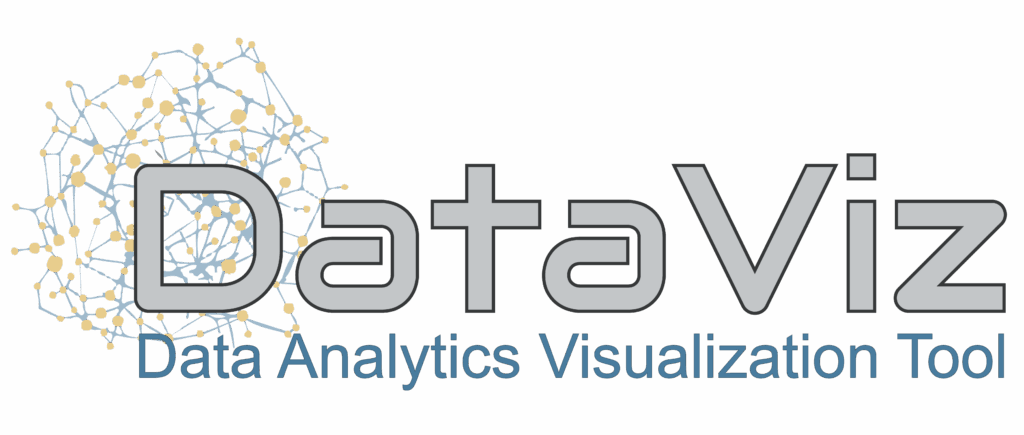There are many methods of qualitative data collection methods, and each have their own unique advantages and disadvantages. You should select a qualitative methodology that is best suited for answering your research questions. There are more methodologies than what I’ve listed here, but here are some examples.
- Semi-structured interviews
- Semi-structured interviews are when the interviewer prepares a research discussion guide ahead of time to guide the conversation, but allows flexibility in the interview to go off-script. This allows for a balance between the structure of standardized questions, while allowing the interviewee to take the interview beyond the discussion guide. Learn more about semi-structured interviews.
- In depth interviews
- In depth interviews are when the interviewer prepares a discussion guide and interviews a series of participants one on one to explore behaviors, description, and motivations. Interview coding is a great way to analyze what you find in these interviews.
- Focus groups
- Focus groups are when you recruit a specific group of a target audience to participate in a group discussion led by a moderator. This is commonly used in market research for gathering feedback on product launches, marketing campaigns, service designs, or other concepts.
- Observations
- Observations are when a researcher goes on-site to a location to directly observe participants’ behavior. This happens in the natural environment of the participant group. Learn more about observational research.
- Ethnographies
- Ethnographic research is a qualitative research method involving the systematic study of people in their natural environment to understand their way of life, including how they see and interact with the world around them. Learn more about ethnography.
- Diary studies
- Diary study is a way to collect data about a particular group over a period of time, to understand their in-context behavior, experiences, and activities. Participants keep a diary log of what’s happening in their everyday lives.
- Case studies
- A case study is an in depth research approach to understand one particular person or group in their real life context. It’s often used to understand a complex, multi-faceted phenomenon.
